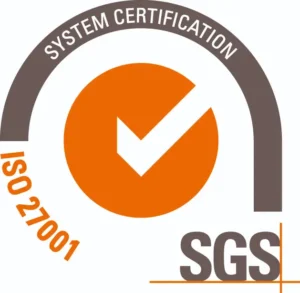Frequently Asked Questions
After you are logged in, on the top right side you can click your username to select the option “Change Password” to modify your password. Furthermore, if you have forgotten your password, you can select the option “Forgot your Password?” on the login screen to set a new password.
Every pricing plan has a certain limit on the number of profiles you can onboard. Once you have reached this number, you will be prompted to purchase the next pricing plan. If you choose to do so, you can start onboarding more profiles. If you decline, you will remain on your current package, and will not be able to onboard more profiles, but your existing profiles will remain and you will be able to access their data.
You can get in touch with us here. We have a dedicated team who will be happy to get back to you at the earliest possible opportunity :).








